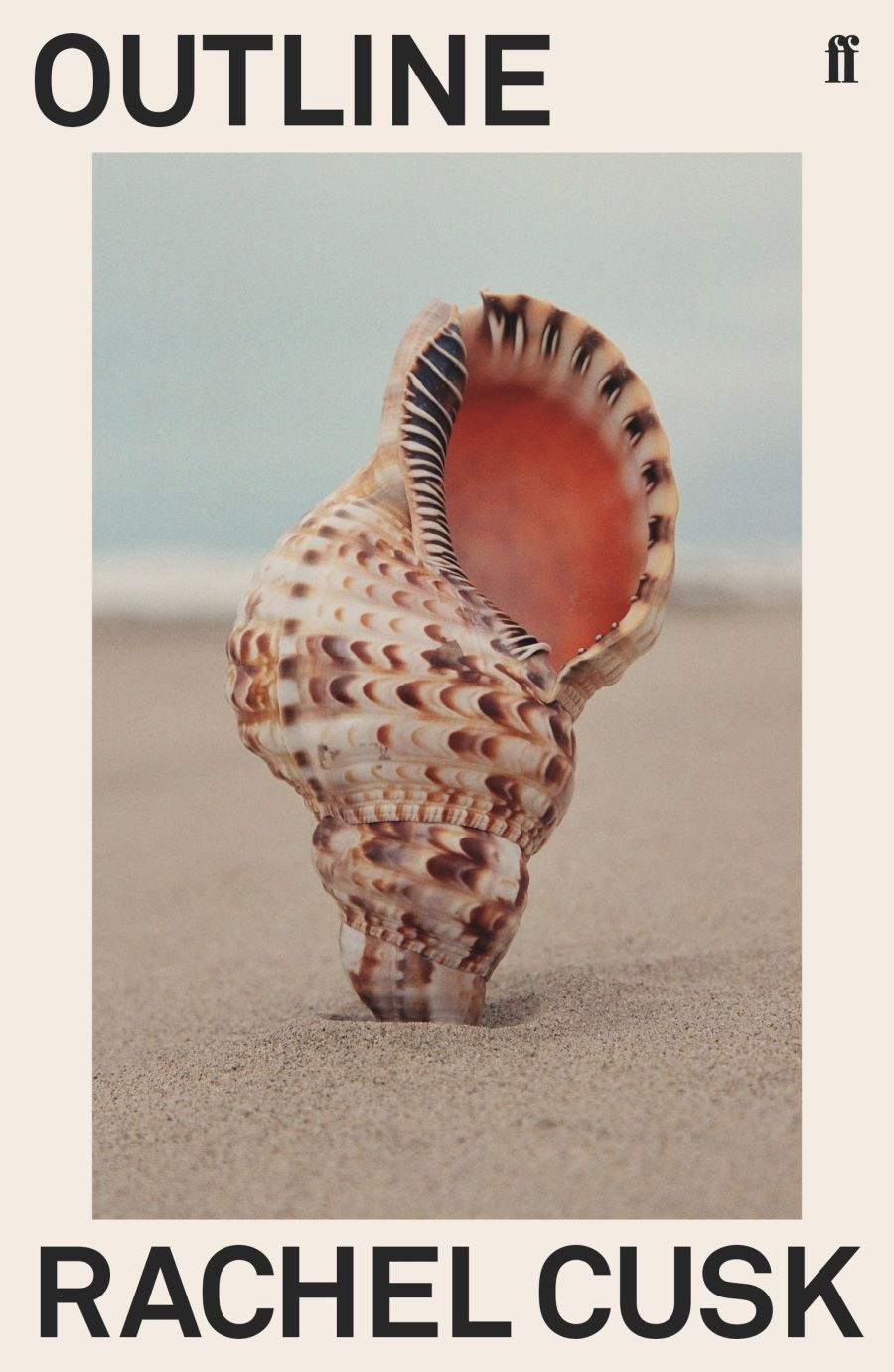Outline, Rachel Cusk

I’ve wanted to read more by Rachel Cusk for a long time, even though I had long looked forward to A Life’s Work, her book on motherhood, and it confused and unsettled me. Perhaps reading it with a newborn was the wrong approach. I’ve wanted to read her even though she falls into that category of successful and partly autobiographical writer of north London that has made her so hated as well as feted by her peers. Like Julie Myerson I guess. Maybe they are both awful, but I’ll only know them through their writing and I prefer it that way.
I stole my copy of Outline from the Faber offices on our last day of the Writing a Novel course. These small thrills are surprisingly pungent and completing the course had been so painful I felt owed. After reading it, I feel paid back in full. Cusk’s journey through the aftermath of her marriage, via conversations with others whose self-interest reflect her own situation, is at once vital and introspective, deep but never meandering, forensic, global, as well as navel-gazing.
Cusk’s protagonist is on her way to Athens to give writing classes when she meets her first companion on the plane. We hear so much about his past marriages and weak choices, and he manages to fall for her as he tells her about himself. The story continues with more conversations: with other teachers, old friends and writing acquaintances, her students, and she soaks it in as she prepares to live outside of the safety of a marriage and family.
Here are some favourite bits which, quite obviously, resonated with me:
“I wasn’t sure it was possible, in marriage, to know what you actually were, or indeed to separate what you were from what you had become through the other person…My mother once admitted that she used to be desperate for us to leave the house for school, but that once we’d gone she had no idea what to do with herself and wished that we would come back.”
“In my experience painters are far less conventional than writers. Writers need to hide in bourgeois life like ticks need to hide in an animal’s fur: the deeper they’re buried the better.”
“It would be disastrous to have more children: I would be completely submerged, as so many women are. I ask myself why it is my mother seeks to see me submerged in my turn, when I have important work to do… her desire is not about me but about herself. I’m sure she wouldn’t wish me to consider myself a failure for not being the mother of six children, yet that is precisely what her behaviour could cause me to feel.”